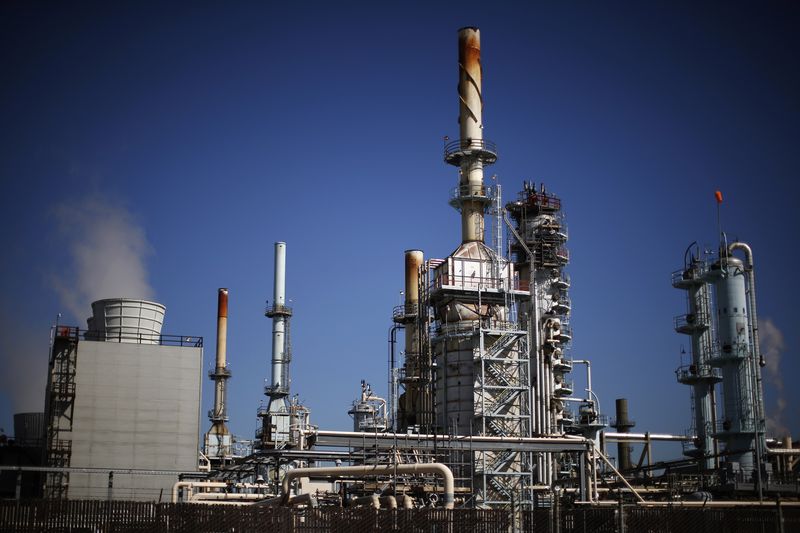By Erwin Seba
HOUSTON (Reuters) - The United Steelworkers union and oil companies have reached a tentative deal to end the largest U.S. refinery strike in 35 years, the labor group and people familiar with the negotiations said on Thursday.
The new agreement for about 30,000 workers would last four years, a year longer than previous agreements. The deal, which still needs to be ratified, may not end strikes right away at all refineries that have suffered walkouts as local union chapters could still need to work out pending issues.
"We salute the solidarity exhibited by our membership," said USW International President Leo Gerard. "There was no way we would have won vast improvements in safety and staffing without it."
Lead industry negotiator Royal Dutch Shell Plc (L:RDSa) said union members are set to vote on the agreement in coming days.
Tesoro Corp (N:TSO) told employees in a letter seen by Reuters it was "supportive of the agreement" and would try to quickly settle local issues "to enable our employees return to work."
The tentative contract contains language that addresses worker fatigue, which is tied to accidents, and the use of contractors versus unionized labor. It also safeguards gains made in previous contracts, the union and sources said.
They added that annual wage increases would be 2.5 percent in the first year, 3 percent each in years two and three, and 3.5 percent in the fourth year.
Twelve refineries with a fifth of U.S. refining capacity have been hit by strikes over the past 40 days. Companies have responded by calling in temporary workers after 6,550 people walked off the job.
Only one plant, Tesoro's 166,000-barrel-per-day (bpd) refinery in Martinez, California, was shut by the strike as it was already undergoing maintenance when the walkout started. The company said it will reopen when the strike ends.
The contract would cover refineries owned by Exxon Mobil Corp (N:XOM), BP Plc (L:BP), Valero Energy Corp (N:VLO) and Chevron Corp (N:CVX) among others.
On Wednesday, in a message to its members, the union said it was assembling its policy committee, which represents the rank and file, to review proposals from industry during contract talks.

That move was widely seen as a signal that the strike may be nearing an end as the union pushed for higher wages and what it called better safety practices in a new pact for about 60 plants.